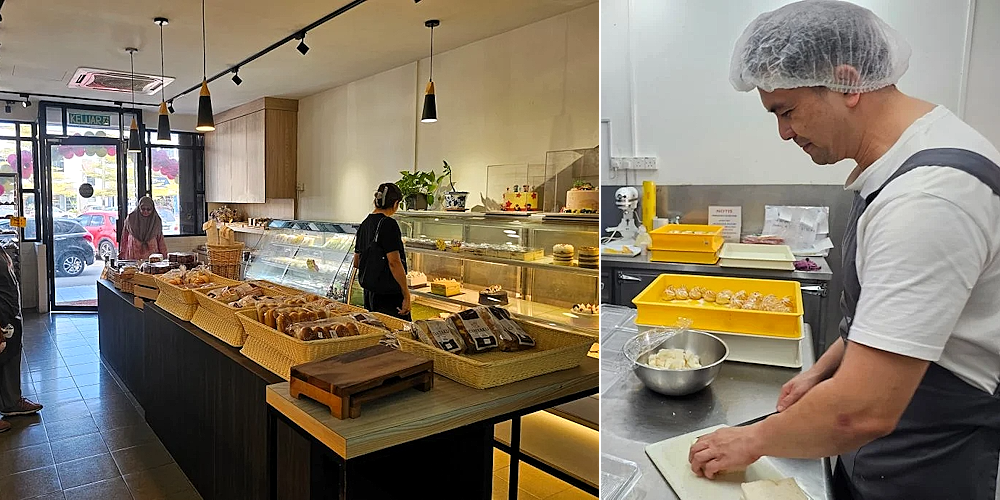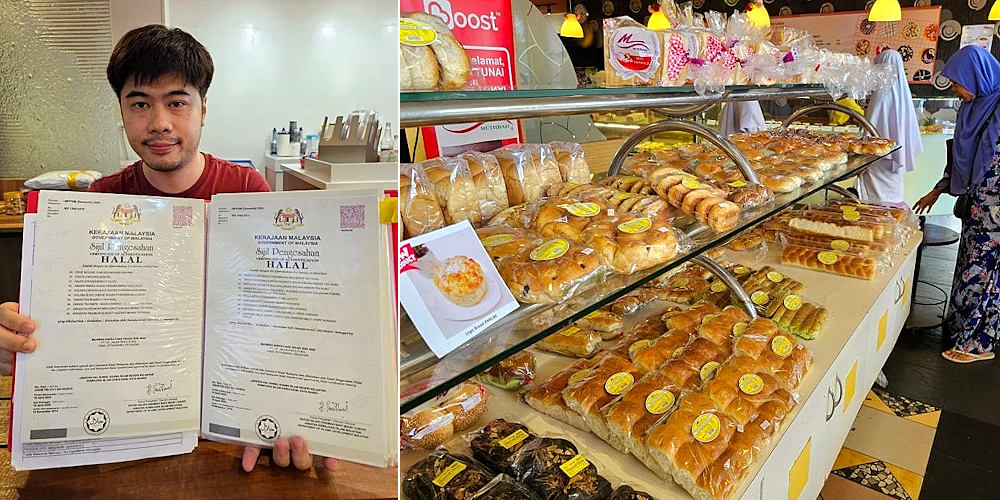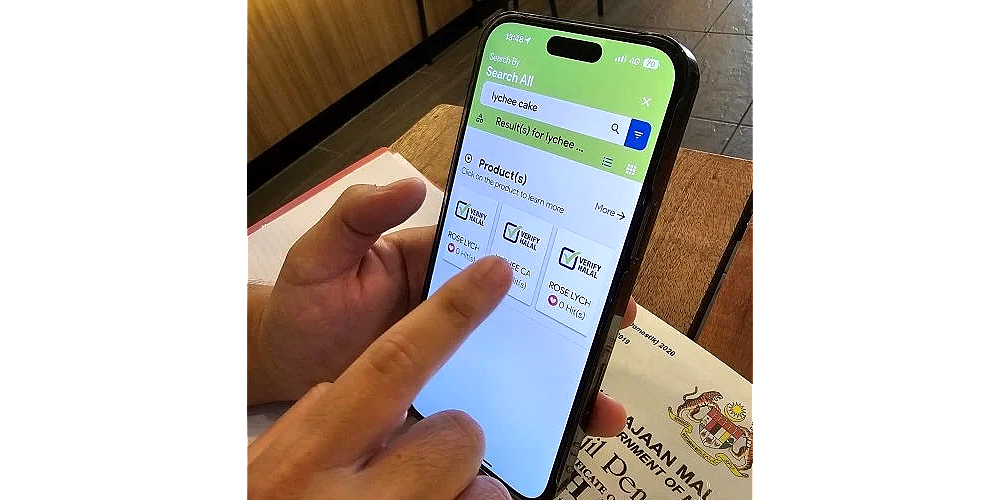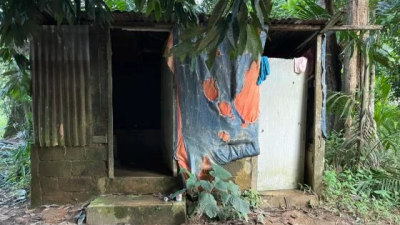
KOTA BHARU: Bakery operators in Kelantan see rise in both operating costs and workload to meet mandatory halal certification requirements set by the PAS-led state government in order to have their business licences renewed.
Three bakeries share the process of applying halal certificates over the years, and two have stopped due to the complexity of the process.
Cintaku Pastry House operator Billy Yap said the bakery had stopped the process of applying for halal certification due to added workload and paperwork.
He said despite not having the halal certificate, he would still ensure the ingredients used are safe and meet the health requirements.
“If a bakery has to apply for halal certificates, all the raw materials will have to be sourced from suppliers who are also halal-certified. This will directly impact those small suppliers,” he said.
Chan Yung Ho, who operates Muhibah Bakery, said the outlet applied for halal certificates 20 years ago but starting last year, the outlet is required to hire halal executive to ensure the baking process meets the halal requirements.
The application fee for halal certificates has also increased from RM800 to RM4,000, depending on the number of products, he said.
“This has definitely increased the operating costs.”
Citing an example, Chan said if the bakery produces 100 types of breads, then the bakery will have to submit the recipe for 100 products and the ingredients used.
As Muhibah Bakery sells 380 types of breads, cakes and cookies, he has to apply for four halal certificates as 100 products is the maximum number for each halal certificate.

“The halal certificate is good to expand business, but for small and medium enterprises, this means additional work load and operating costs,” he explained.
Due to the large number of suppliers, Chan also faced problems in applying as the certificate will be affected by revocation of the halal certificates of a supplier.
“If the supplier’s halal certificate has expired, we will also be reviewed by the authorities,” he said.
Chan urges the authorities to simplify the application procedures and conditions.
Choo Chin Hin is another old bakery in Kota Bharu set up in 1959. Its operator, Choo, said the bakery is one of the bakeries with a halal certificate.
However, the bakery stopped renewing the certificates several years before the Covid-19 pandemic due to the complicated process.
“Even the Malay staff working at the bakery advised me to give up the certification,”’ he said.
It was reported that the Kelantan state government has designated seven categories of food and beverage premises which must obtain halal certification in order to secure a business licence in the state.
Bakery is listed in the seven categories of food businesses – hotel kitchens, airport premises, shopping malls, kopitiams, chain restaurants, fast-food or franchised restaurants, and cake, bread shops, as well as manufacturing factories, to obtain the permanent business licence.
It is reported that the Kota Bharu Municipal Council will be the first in the state to enforce this requirement, whereas halal certification has been voluntary at the federal level since 1974.

ADVERTISEMENT
ADVERTISEMENT








































